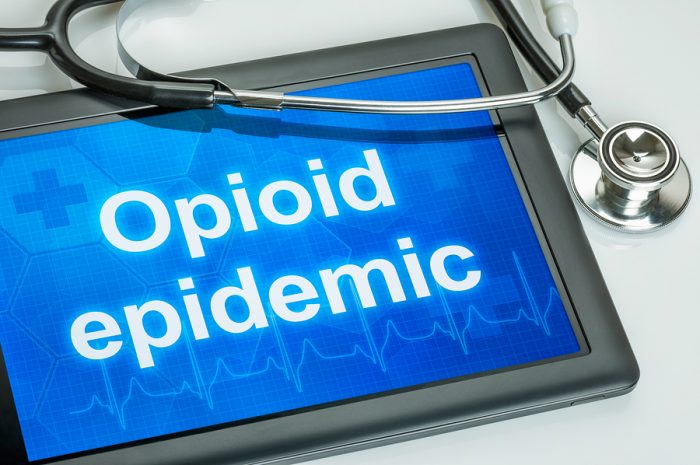
As the opioid epidemic in the U.S. becomes an increasingly dangerous problem, it is important to be familiar with the signs and symptoms of opioid addiction. Overdose rates from opioid abuse have dramatically increased and the risk of a fatal overdose while abusing opioids is a serious issue. If you think you or someone you love might be addicted to opioids you will need to get treatment before the problem escalates.
These are some of the common signs of opioid abuse:
- Poor coordination
- Drowsiness
- Sleeping more or less than normal
- Nausea
- Slurred speech
- Mood swings
- Depression
- Physical agitation
For the safety of your loved ones, it is also crucial to know how to recognize when someone is experiencing an overdose. These are some of the visible signs of opioid overdose:
- Unresponsive (unable to wake up)
- Shallow, irregular breathing or no breathing at all
- Vomiting
- Passing out
- Small pupils
If you think someone may be overdosing it is important to call 911 immediately so they can administer Narcan to reverse the effects of the overdose. When someone overdoses or even if they show visible signs of opioid abuse, they will need to get professional help for their behavior. Opioids are highly addictive substances and will lead to painful withdrawal symptoms and dangers of relapse when they are suddenly stopped.
Symptoms of opioid withdrawal include:
- sweating
- nausea
- shaking
- chills
- pain
- insomnia
- Fatigue
In a detox treatment center the individual will have the opportunity to receive medical care and medication to ease their withdrawal symptoms. Some people with very serious opioid addictions may benefit from the use of methadone or buprenorphine to help ease them off of the drug until they are ready to quit. Rehab and therapy can help people learn to manage their addictions once they are no longer physically dependent.
References:
https://www.drugabuse.gov/publications/drugfacts/prescription-opioids